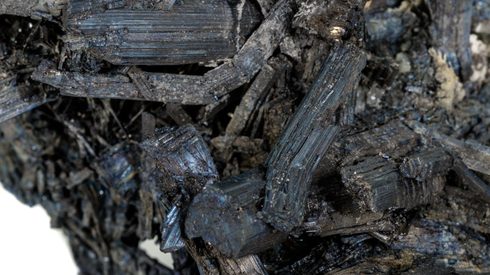Turquoise Hill has finalised the feasibility study for the underground expansion of the Oyu Tolgoi copper-gold mine in Mongolia, the company announced on Tuesday September 23.
The company has set out two development cases for the project, the first of which focuses on exploitation of open-pit resources and the Hugo North Lift 1 block cave, while the second life-of-mine case also explores the potential to develop other underground zones in the Oyu Tolgoi deposit.
The feasibility study outlines a $4.9 billion capex budget for first-phase development, not including $500 million already spent on the project in 2013 and 2014, Turquoise Hill, which is majority-owned by Rio Tinto, told investors on Tuesday.
While capex spend was broadly in line with earlier guidance, the new reserve case carries a lower post-tax net present value (NPV) of $7.43 billion, as project delays and “more cautious cave-performance assumptions” reduced NPV by $800 million and $1.5 billion, respectively.
Turquoise Hill said total recoverable copper in the first development case stands at 24.9 billion lb (11.3 million tonnes), which will be exploited over a 41-year mine life.
The life-of-mine development case, which the company will evaluate fully at a later date, sets recoverable copper at 56.5 billion lbs, while the mine life will be extended to 94 years.
The underground expansion at Oyu Tolgoi was delayed in July last year pending the resolution of a funding and tax dispute with the Mongolian government.
Turquoise Hill received a judgment from the Mongolian General Taxation Department’s dispute resolution council earlier this month, and on Tuesday it notified investors of its review of the ruling.
The council’s judgment will reduce Turquoise Hill’s bill for taxes, interest and penalties to approximately $30 million, down from about $127 million, the company said.
“While this significant reduction is welcome, there are aspects of the ruling that require further clarification. Oyu Tolgoi LLC will continue to work with the Mongolian Tax Authority to obtain further clarity on some of the findings in the ruling,” Turquoise Hill said on Tuesday.
Turquoise Hill also said notified the market that it expects repair work being carried out on a tailings thickener rake to be completed by the end of September.
Since the rake failed on September 10, the concentrator has been operating at 60% capacity using a second thickener, Oyu Tolgoi said.
Mark Burton
mburton@metalbulletin.com
Twitter: @mburtonmb






